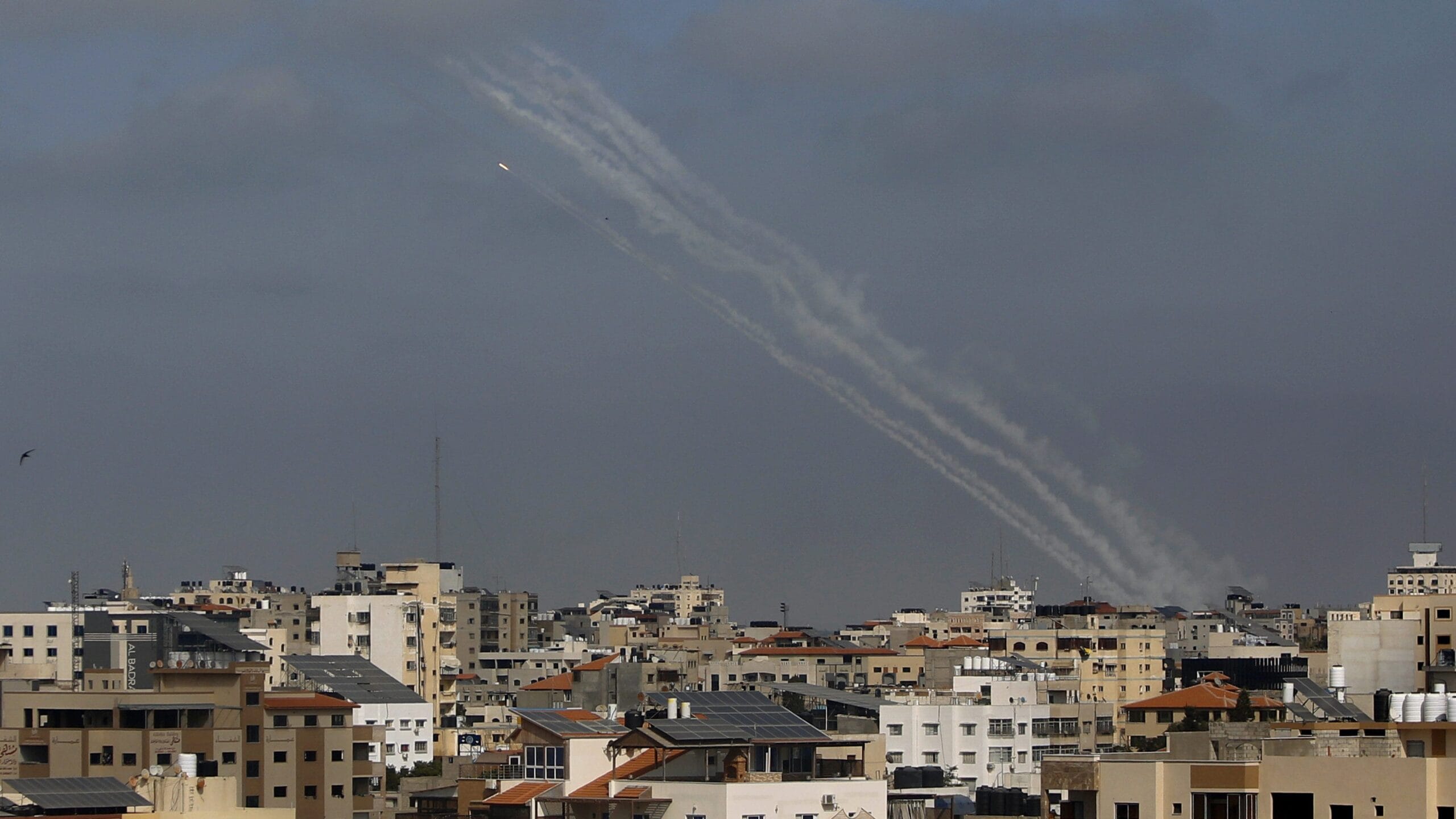The recent hostage exchange between Israeli authorities and Palestinian groups has garnered international attention, as three Israeli hostages were freed in conjunction with the release of 90 Palestinians. This event coincides with a ceasefire agreement that has been established in Gaza, marking a critical juncture in the long-standing conflict between Israel and Palestinian factions.
The ceasefire, which took effect following intense negotiations, is seen as a necessary step towards reducing hostilities and allowing for humanitarian aid to reach those in need. The release of the hostages and the Palestinians is a significant development, as it reflects the complexities of the ongoing conflict and the human cost associated with it. Families on both sides have been affected by the violence, and this exchange offers a glimmer of hope for those seeking resolution and peace.
The three Israeli hostages, whose identities have not been disclosed for security reasons, were reportedly held for an extended period. Their release has been met with relief among their families and the broader Israeli community, who have been anxiously awaiting news of their loved ones. The Israeli government has expressed gratitude for the safe return of the hostages and has emphasized the importance of their well-being.
On the other hand, the release of 90 Palestinians, many of whom were detained during previous conflicts, has sparked discussions about the broader implications for the peace process. The Palestinian Authority has welcomed the release, viewing it as a step towards addressing the grievances of those who have been imprisoned. This exchange may also serve to bolster the standing of Palestinian leadership in the eyes of their constituents, as it demonstrates a commitment to advocating for their rights.
The ceasefire agreement is expected to facilitate the delivery of humanitarian aid to Gaza, where the population has been severely affected by ongoing violence and blockades. Access to essential services, including medical care, food, and clean water, has been a pressing concern for many residents. The international community has been closely monitoring the situation, urging both sides to adhere to the ceasefire and prioritize the welfare of civilians.
While the release of hostages and the ceasefire are positive developments, challenges remain. The underlying issues that have fueled the conflict for decades, including territorial disputes, security concerns, and political divisions, have not been resolved. Analysts caution that while this exchange may provide temporary relief, it does not address the root causes of the conflict.
The international community continues to advocate for a comprehensive peace process that addresses the needs and aspirations of both Israelis and Palestinians. Diplomatic efforts are ongoing, with various stakeholders emphasizing the importance of dialogue and negotiation. The recent developments may serve as a catalyst for renewed discussions, as both sides grapple with the implications of the hostage exchange and ceasefire.
As the situation evolves, the focus will remain on ensuring the safety and well-being of all individuals affected by the conflict. The release of hostages and the ceasefire represent a moment of hope, but sustained efforts will be necessary to achieve lasting peace in the region. The humanitarian needs of the population in Gaza must also be prioritized, as the effects of the conflict continue to reverberate through communities.
In conclusion, the release of three Israeli hostages and 90 Palestinians amid a ceasefire agreement marks a significant moment in the ongoing conflict. While it offers a temporary respite and a chance for humanitarian aid, the path to lasting peace remains complex and fraught with challenges. The international community’s role in facilitating dialogue and supporting humanitarian efforts will be crucial in the coming days and weeks.



